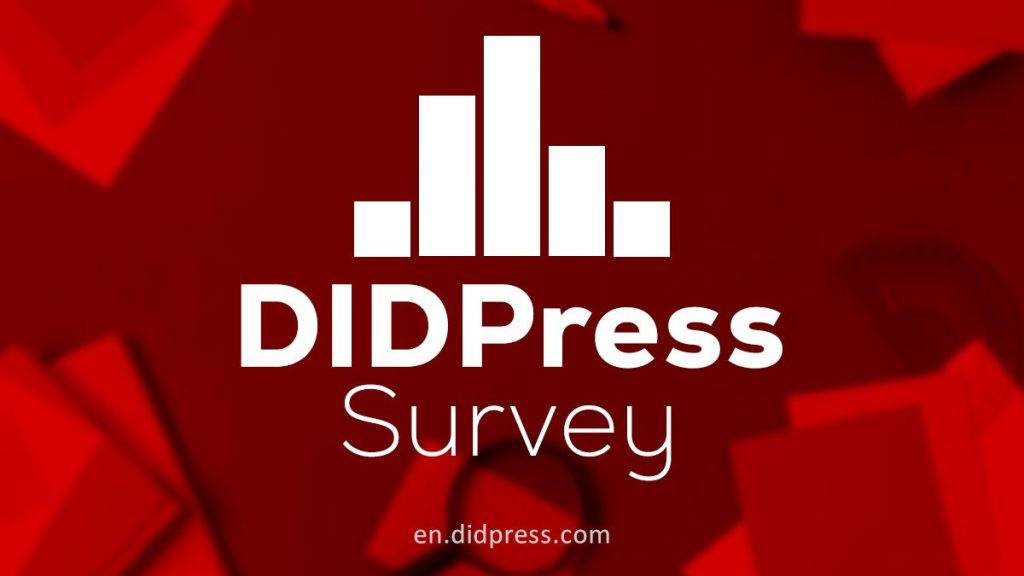Monopoly of Power; Biggest Obstacle to Forming Inclusive Government in Afghanistan
A recent survey conducted by DID Press on the key obstacles to forming an inclusive government in Afghanistan indicate that an overwhelming majority of respondents consider the Taliban’s monopoly of power as the main impediment to achieve this goal.

According to the results of the poll, which was carried out over the past 24 hours via Didpress’s Telegram platform:
58% of participants said the Taliban’s monopoly of power is the primary obstacle to the formation of a truly inclusive government that represents all ethnicities and political groups in the country.
25% identified ethnic divisions and lack of national unity as the main challenge.
9% pointed to the absence of consensus among anti-Taliban political groups as the reason for the current deadlock.
8% cited foreign interference as a major barrier to establishing a comprehensive and participatory political system.
Analysis
These figures reflect widespread public dissatisfaction with the Taliban’s exclusive grip on power. According to the majority, the monopolistic approach has not only blocked genuine political participation from ethnic groups, minorities, and opposition parties, but has also pushed the country into a political stalemate.
Ethnic nationalism continues to be perceived as a serious challenge to achieving national unity. While foreign interference was cited less frequently in this poll, the regional and international dimensions—through either support for or opposition to certain factions—remain significant factors.
Summary
Based on these findings, it is evident that the Afghan public desires a shift in the current political structure and a move toward a truly inclusive government that represents all sectors of society.
The survey sends a clear message to the Taliban’s caretaker government and all internal and external stakeholders: Afghanistan’s future can only be secured through inclusion, diversity, and national consensus—not through monopolization of power or the exclusion of political and social groups.